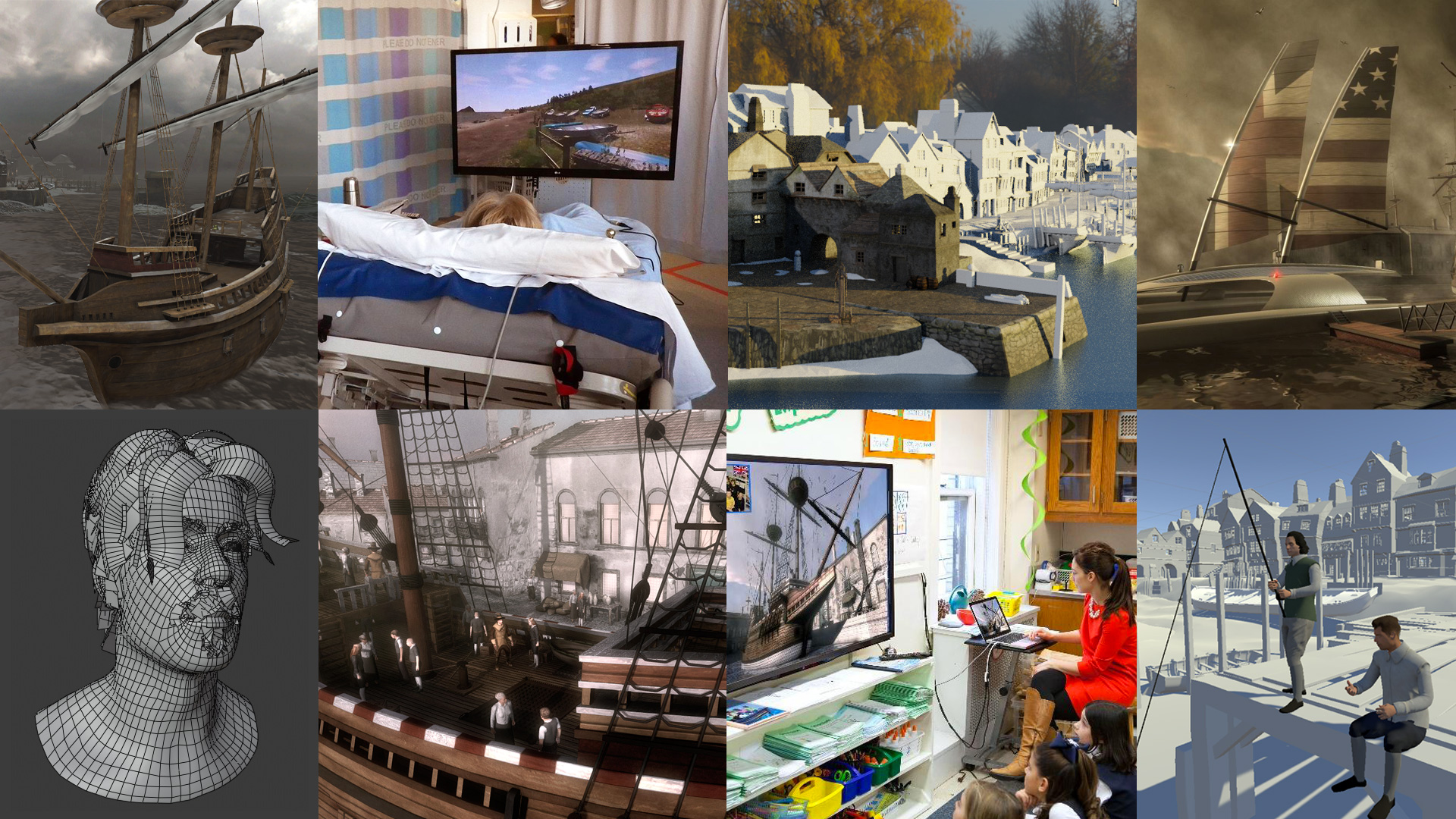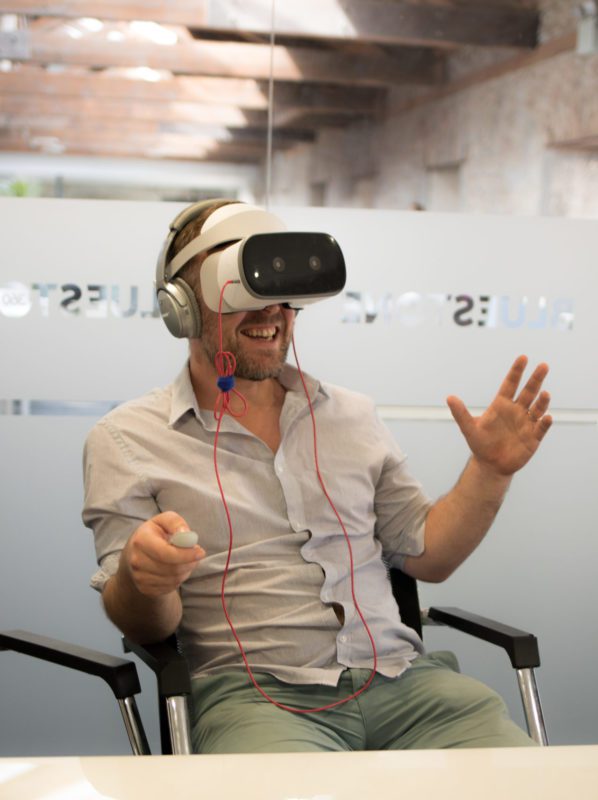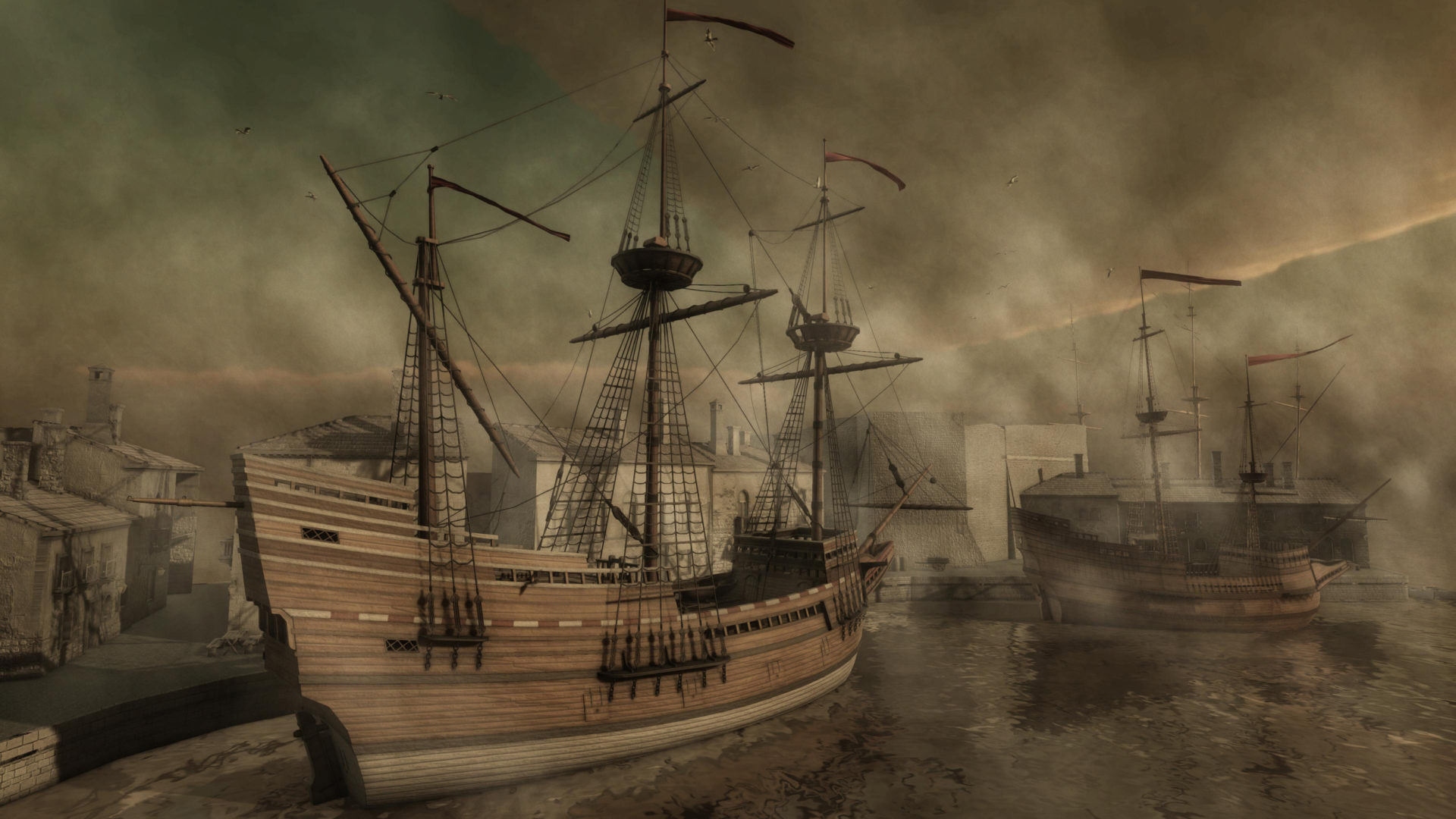Technology is ever-evolving and as an agency, we need to evolve with it. Over the past three years, we’ve been collaborating with Professor Bob Stone and his team on various projects and have seen the benefits that virtual reality (VR) and augmented reality (AR) has brought to the medical, education and heritage sectors.

Unlike any other form of communication, virtual reality enables you to become immersed in the experience itself. Through the use of wearable technology, you can truly ‘live’ in the new world you find yourself in. This creates an almost real-world experience, tapping into your sensory, motor and cognitive capabilities.
We’re so used to watching, reading and perhaps even writing stories, but actually being able to become a part of the story creates a whole new perspective.

Interaction with VR can be achieved using a range of devices, from wearable technology to whole or part body motion capture.
Although VR is predominantly associated with 3D computer generated-graphics, other photographic, video and multisensory data can be integrated into virtual environments. This gives you the scope to get inventive with your virtual environment. Whether you’re bringing a historical site back to life or you’re creating something entirely new, there’s room to get creative.
Integrate into the real world
Augmented reality (AR) provides meaningful interaction between humans and computer-generated environments that are integrated spatially with elements and contexts of the real world.
Unlike VR, it provides an experience without the use of a headset, which is more accessible. Interaction with AR can be achieved through various devices such as a smartphone or tablet, or even fixed-location ‘kiosk-like’ devices. You can simply point your camera at a target, and digital imagery is overlaid onto the image.
Bringing history and fiction to life
With VR and AR we can now bring both history and fiction to life. You can travel back in time (virtually of course) and experience historical landmarks or be transported to completely new worlds, exploring fiction like you’re living it.

Now VR and AR aren’t just limited to fun and games. There have been advancements helping patients in hospital with rehabilitation and mental wellbeing by transporting them to new worlds.
It can also play a big part in education, bringing history to life can be very engaging for children, not only seeing it but experiencing it somewhat for themselves.
More and more businesses are getting creative and thinking of new ways to incorporate VR and AR into their marketing and customer experience.
“This is an exciting collaboration with one of the leading experts in the field. We can use the latest developments to help our clients innovate, engage and help their customers and consumers in so many ways. Working with Birmingham University allows us to work with new talent under the expert eye of Professor Bob Stone who has been recently recognised for the groundbreaking work that they do.”